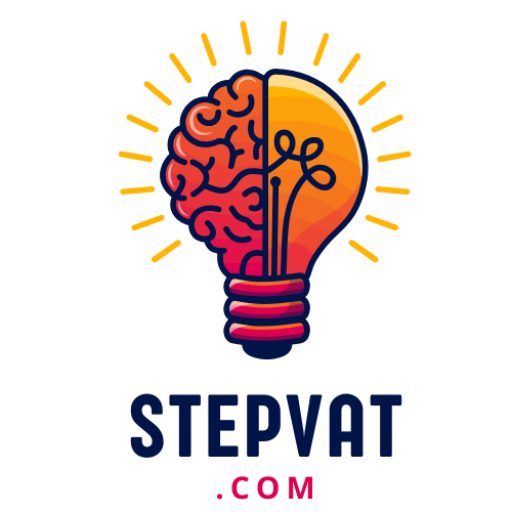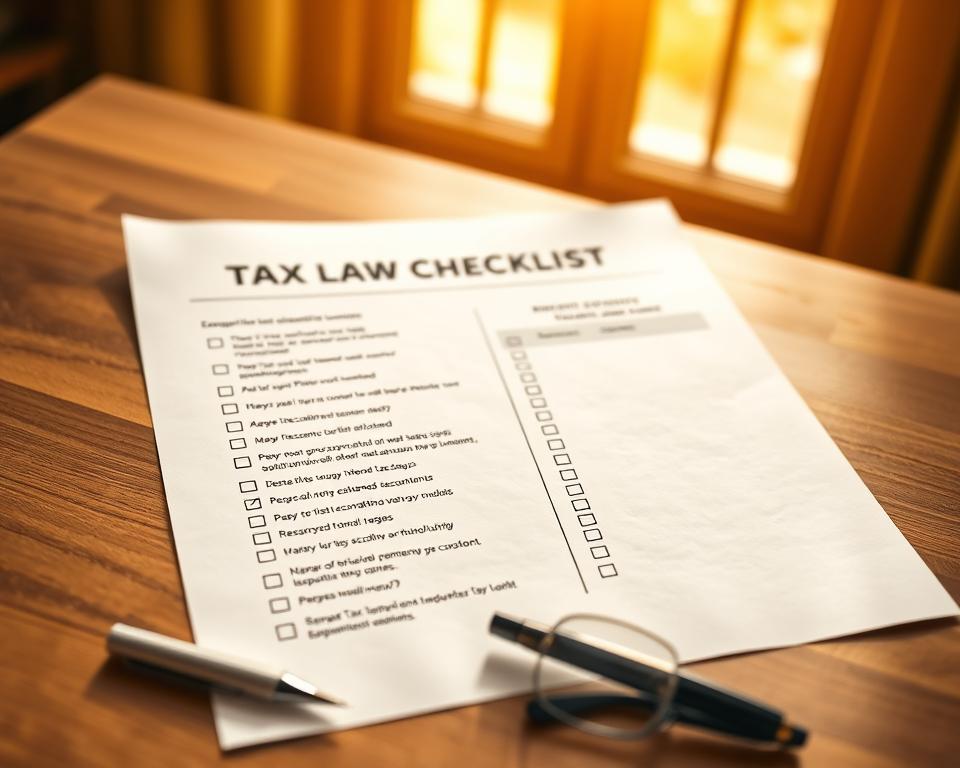Anúncios
Navigating the complexities of Value Added Tax (VAT) can be quite daunting for businesses, especially those who may not have the necessary experience or understanding. Nevertheless, managing VAT expenses efficiently proves crucial to maintaining and improving profitability. When businesses confront the intricacies associated with VAT, it is imperative to become adept at utilizing legal strategies designed to minimize VAT liabilities. This diligent approach can substantially impact overall financial health by increasing net income and fostering sustainable growth.
It is essential to emphasize that all the methods discussed in this context should strictly comply with existing tax laws and regulations. Businesses must ensure that their VAT management strategies remain within the bounds of legality to avoid significant penalties or adverse legal consequences. Adapting their VAT strategies to the changing regulatory landscape allows businesses to leverage available options effectively and safeguard their financial well-being.
One highly effective method for legally reducing VAT expenses involves taking full advantage of VAT exemptions and zero-rating provisions. Certain categories of products and services are entirely exempt from VAT, meaning businesses do not incur any VAT liability on these transactions. For instance, numerous countries exempt basic food items, children’s clothing, and particular medical supplies from VAT, which can lead to substantial savings for retailers and consumers alike.
Understanding which products and services qualify for exemptions can be a game changer for businesses. By identifying and leveraging these exemptions, firms can substantially reduce their taxable income, allowing them to establish a more resilient financial position in today’s competitive marketplace. This proactive approach to VAT management not only creates savings but encourages thoughtful purchasing decisions.
Moreover, many businesses underestimate the potential benefits of zero-rated supplies. Zero-rated goods and services allow companies to charge 0% VAT to customers while retaining the right to reclaim any input VAT paid on related purchases. Common examples of zero-rated items often include exported goods and international services that companies provide. Familiarizing oneself with the criteria applicable to zero-rated supplies enhances an organization’s ability to structure sales effectively for maximum benefit.
In addition, adopting efficient record-keeping systems can play a pivotal role in minimizing VAT expenses. Maintaining accurate and organized documentation of all business transactions ensures that firms can reclaim all allowable VAT back. By meticulously recording both purchases and sales, businesses can avoid errors in VAT returns that may result in overpayments or penalties, enhancing financial performance in the long run.
Furthermore, even small adjustments in a company’s expenditure can yield significant savings when it comes to VAT. Conducting a thorough analysis of the supply chain can unearth opportunities for VAT recovery that business leaders may have previously overlooked. For instance, if a company is procuring goods or services from a VAT-registered supplier, it can usually reclaim the VAT paid, leading to immediate cash flow benefits.
To capitalize on these opportunities, businesses might consider shifting their purchasing practices to engage only VAT-registered suppliers. This strategic choice ensures that companies are not inadvertently leaving money on the table, potentially resulting in considerable fiscal advantages over time. Effective supply chain management is indispensable to identifying and leveraging such VAT recovery opportunities.
Considering the concept of VAT grouping can also be significantly beneficial for businesses operating across multiple entities. In some jurisdictions, it is possible for companies to form VAT groups where several separate entities treat themselves as a single taxable entity. This arrangement can streamline the VAT process, enhance cash flow, and simplify reporting requirements while ensuring compliance with the regulations.
Another strategic approach involves maximizing input VAT claims. Businesses should diligently examine all elements of their operational costs to determine any VAT components eligible for a refund. Regular reviews conducted with close input from tax advisors can help ensure that no eligible expense goes unclaimed, ultimately benefitting the organization’s bottom line. Understanding the relevant regulations surrounding input VAT is critical to claiming what is rightfully owed.
Education and training are also vital aspects of a successful VAT management strategy. Companies should invest in educating employees regarding VAT compliance, particularly those involved in procurement, invoicing, and accounting processes. By enhancing comprehension of VAT regulations, businesses can minimize errors in VAT submission and foster a culture of compliant decision-making across all levels.
Annual VAT returns offer an excellent opportunity to review and analyze the VAT paid out versus the VAT reclaimed throughout the year. By understanding this critical balance, businesses can make necessary adjustments to their operations or expenditures. Identifying spending patterns and their associated VAT implications can pave the way for tactical changes to achieve more efficient VAT management in the future.
Additionally, reviewing pricing strategies in relation to VAT can yield further benefits for businesses. The manner in which products are priced can directly impact the overall VAT burden. For example, offering various discounts or restructuring service packages in compliance with VAT regulations can help to reduce VAT liabilities while maintaining a competitive edge in the industry.
Outsourcing VAT management to specialized consultants or expert accountants can also provide significant advantages for businesses wishing to optimize their VAT strategies. Professionals in VAT compliance are well-versed in the intricacies of VAT regulations, helping to ensure adherence to compliance requirements and uncover potential tax savings that could otherwise be overlooked. Their expertise can facilitate better-informed decision-making when it comes to tax obligations.
Moreover, integrating digital tools and accounting software tailored for VAT management can bolster efficiency in handling VAT-related tasks. Many VAT-compliant accounting solutions automate calculations and simplify reporting, making it easier for businesses to manage their tax obligations effectively. Utilizing technological resources minimizes the likelihood of errors, which can ultimately lead to unnecessary payments or costly fines.
Regularly assessing and optimizing supply chain practices can reveal new opportunities for cost-saving initiatives through improved VAT efficiency. As businesses analyze their operational logistics and supplier partnerships, they may discover that restructuring certain aspects can lead to better VAT management outcomes. Continuous evaluation of the entire supply chain will streamline processes and reduce unnecessary VAT costs.
The implications of international trade on VAT deserve attention, especially for companies engaged in cross-border commerce. Understanding the VAT regulations applicable in both domestic and foreign jurisdictions is critical for minimizing tax liabilities. By taking advantage of international VAT schemes and treaties, businesses can unlock reduced obligations that positively impact cash flow and operational efficiency.
Keeping abreast of VAT legislative changes represents another valuable strategy for effective VAT management. Given that VAT regulations may evolve rapidly, staying informed enables businesses to adjust their strategies promptly and avoid potential pitfalls. Subscribing to industry newsletters, attending workshops, or connecting with professional organizations can significantly enhance a business’s understanding of taxation changes affecting unique operations.
Networking and forming collaborations with other businesses within the same sector can uncover valuable insights and best practices regarding VAT management. Sharing experiences and challenges with peers allows businesses to learn from one another, discussing strategies that have proven successful in navigating complex VAT situations. These interactions can reveal efficient practices applicable to one’s organization, ultimately leading to better financial outcomes.
Businesses should also consider how to effectively communicate VAT adjustments to customers in a way that fosters transparency. In industries where pricing is elastic, adjusting VAT-related pricing changes appropriately can help maintain competitive pricing while simultaneously managing expenses. Educating customers about these changes can even lead to stronger business relationships based on trust and openness.
Finally, businesses should embrace proactive VAT planning, which involves consulting with VAT professionals during the budgeting process. Such consultations facilitate the formulation of advanced strategies aimed at minimizing VAT obligations and preparing for potential changes in regulations. Engaging in forward-thinking practices can position businesses to navigate future VAT complexities with confidence.
In conclusion, legal strategies aimed at reducing VAT expenses encompass a multifaceted process requiring diligent planning, operational adjustments, and continuous education. By making optimal use of exemptions and zero-rated supplies, maintaining accurate records, and scrutinizing supply chains, businesses can significantly enhance their VAT management capabilities. Regularly evaluating financial strategies while engaging experts and leveraging technology ensures compliance and maximizes potential refunds.
Ultimately, determining the right approach for VAT reduction involves a comprehensive understanding of the nuances within a given business and a commitment to adhering to evolving VAT regulations. By adopting a forward-thinking mindset, businesses can thrive financially through effective VAT management techniques. It is crucial to grasp the system comprehensively while employing the tools available to minimize expenses legally, ensuring that all practices remain compliant and beneficial.



